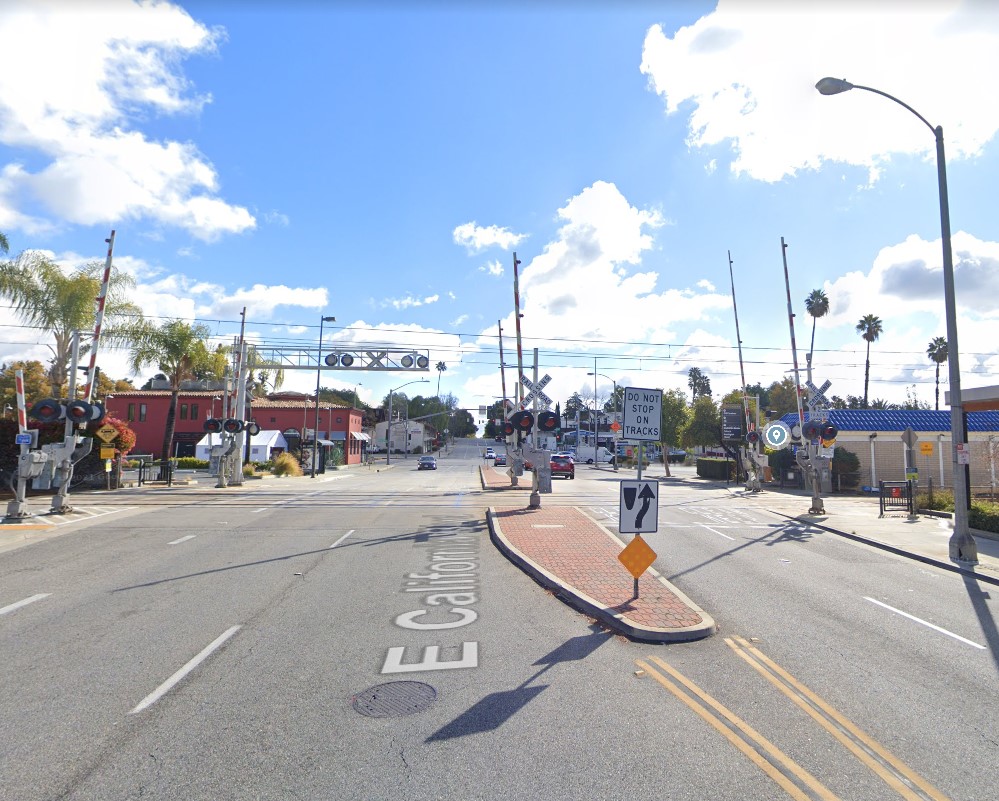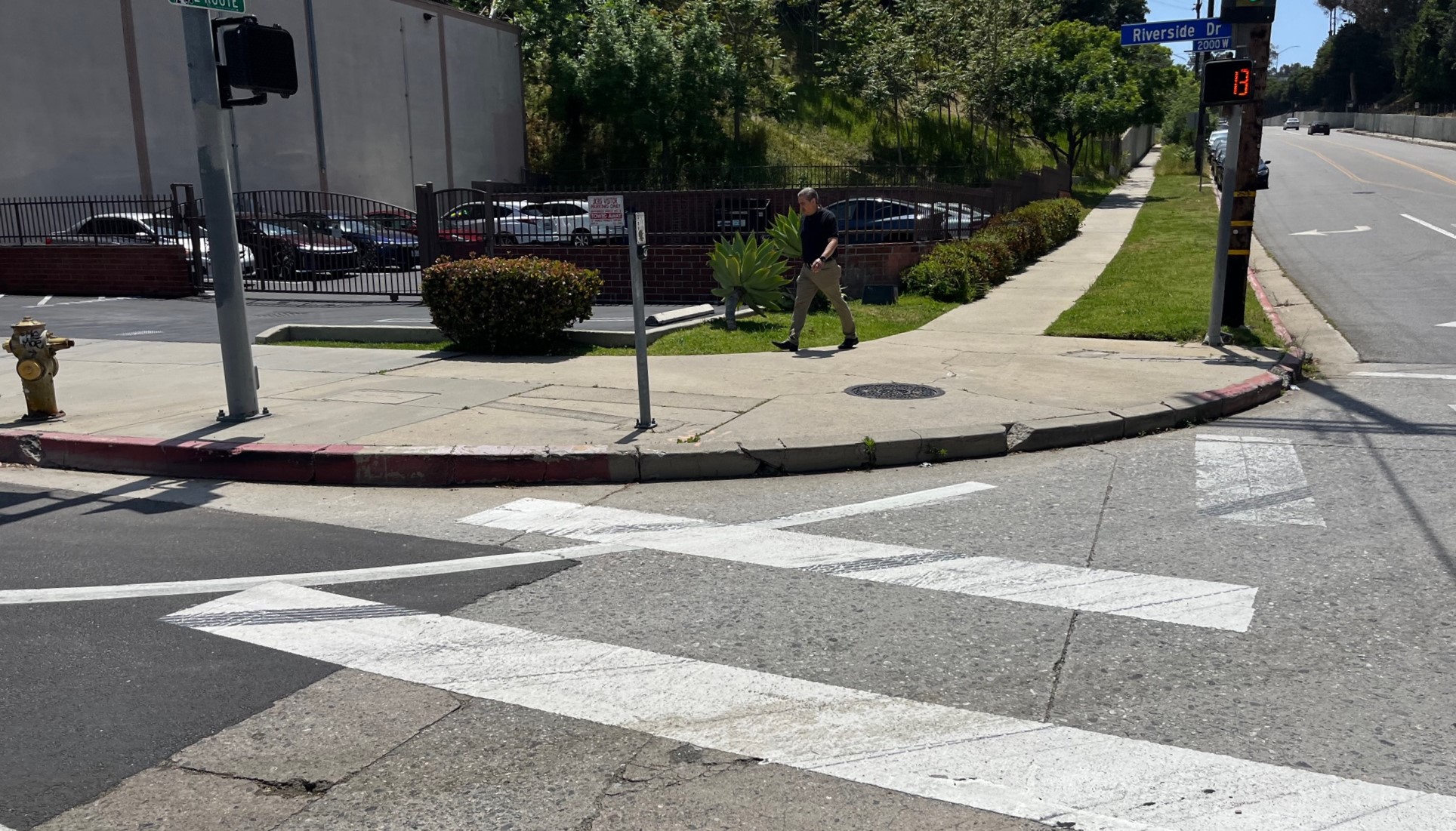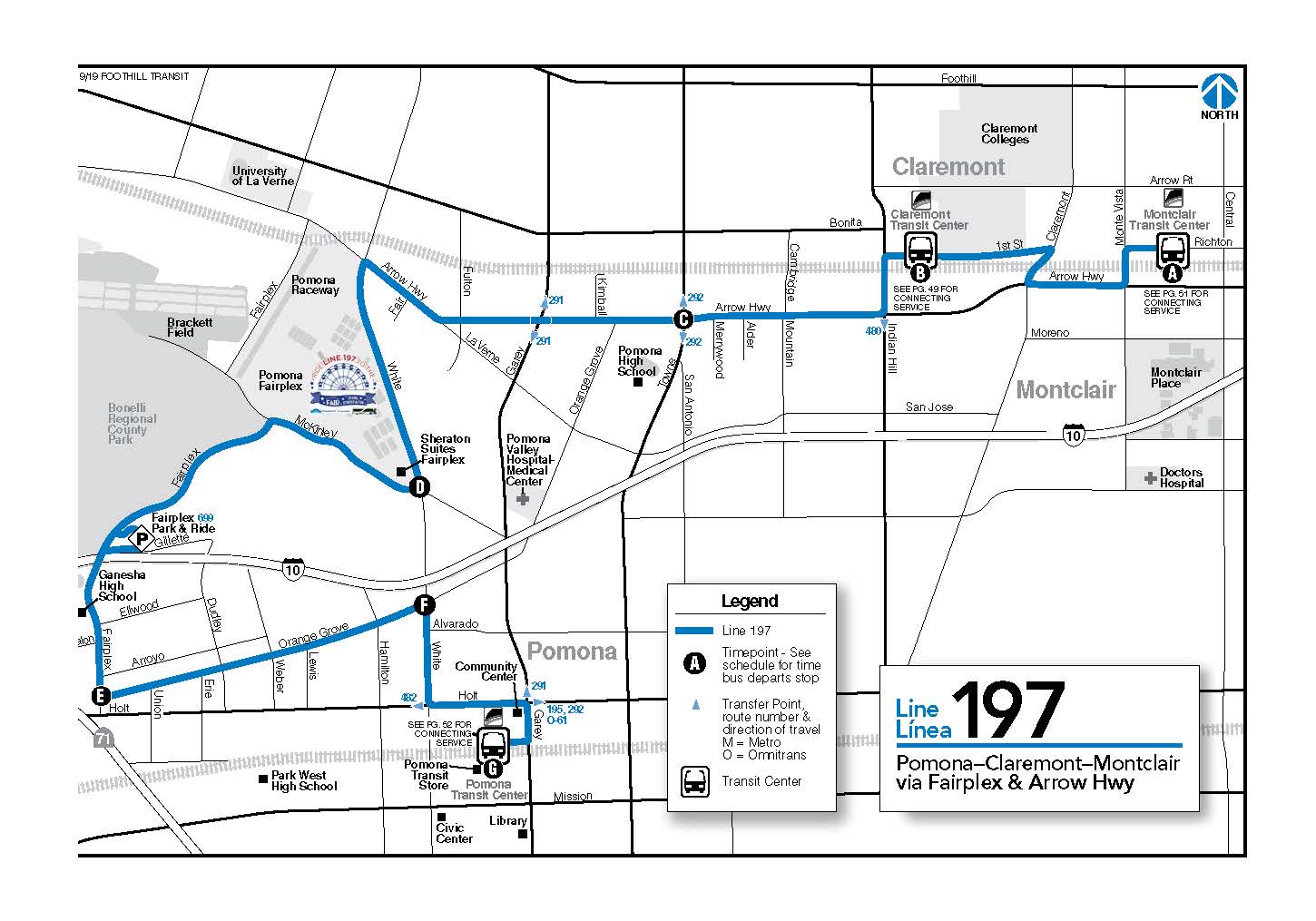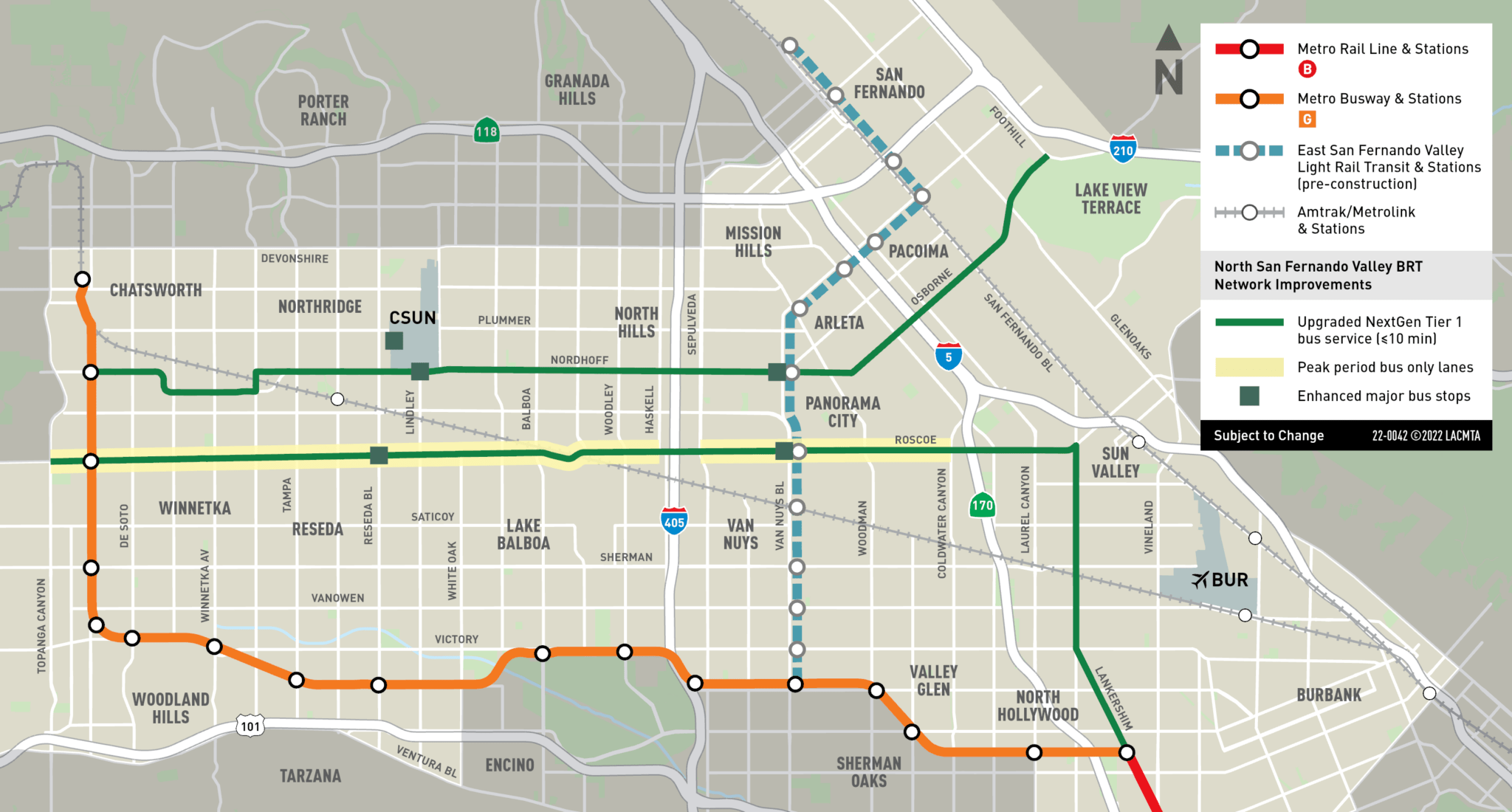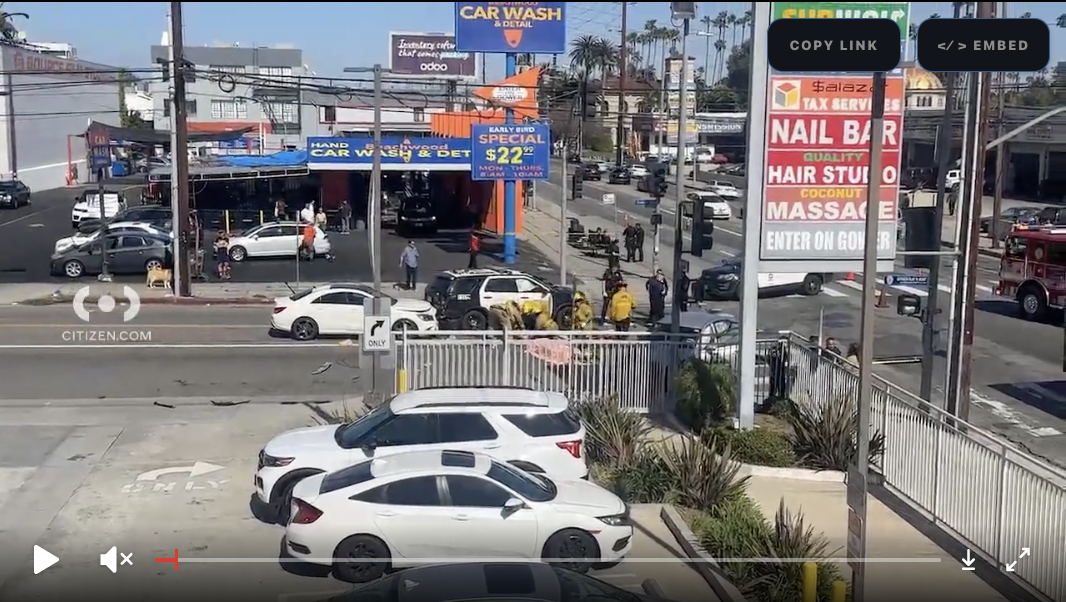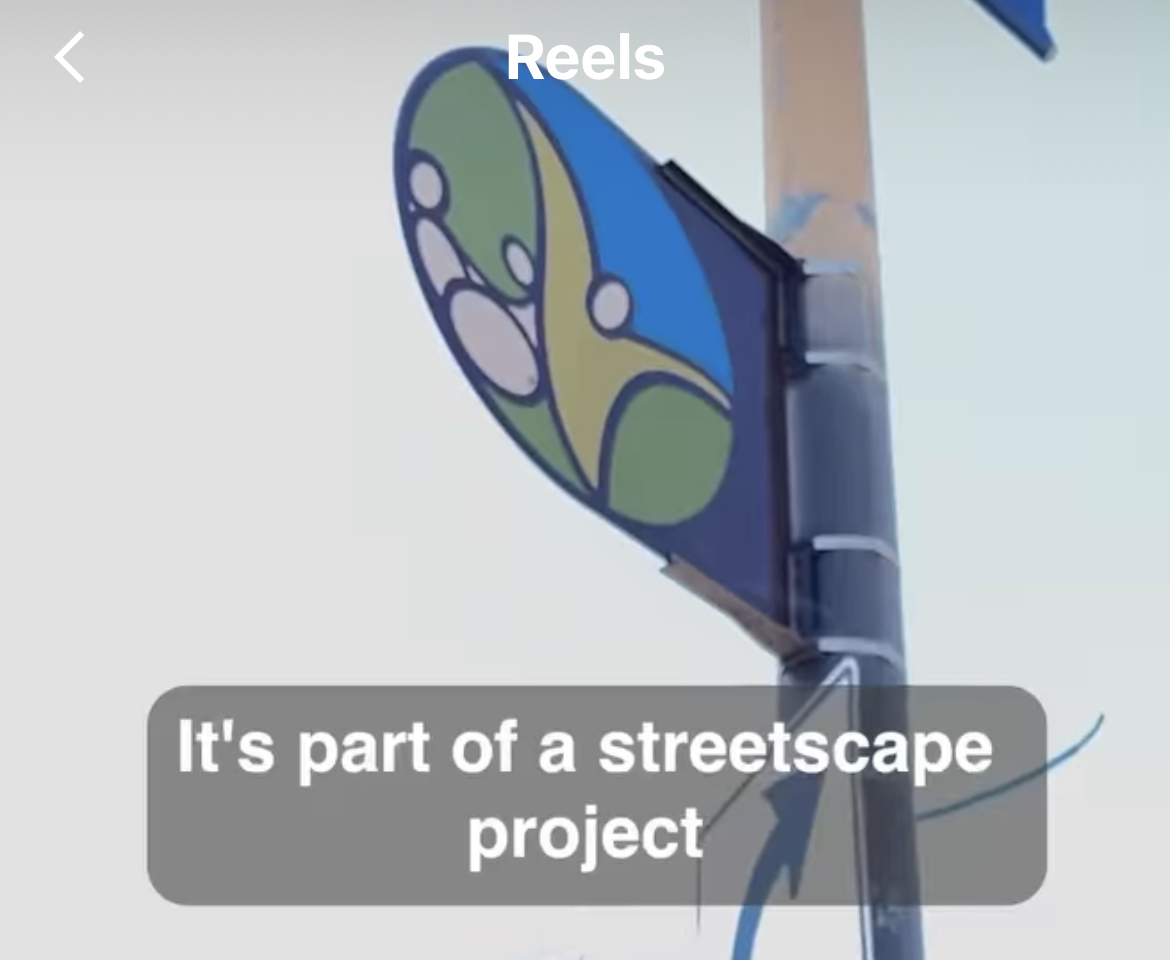This Thursday, the Metro board will vote on a motion, authored by Board Chair Hilda Solis, that would result in multi-modal projects in the corridor where the North 710 Freeway would have been built.
In 2017, the Metro board voted to cancel the proposed $6+ billion North 710 Freeway tunnels. At that time, the board approved a motion that directed staff to work with the 710 corridor cities to distribute the ~$780 million left in the project budget; it was to be used on projects on surface streets in the cities where the project would have gone. That motion specifically prioritized N. 710 funding going "for multi-modal and safety enhancement projects.” The motion further directed staff to fund "[projects that] reduce automobile dependency, encourage multi-modal trips," specifically naming "transit and rail capital improvements, bikeways, and pedestrian improvements" among the projects that N. 710 funding would go to.
Disobeying the board's directive, the Metro Highways Program returned to the board in 2018 with a proposal to use about half the 710 money on heavily car-centric projects. During the 2018 approvals process [meeting video], Metro boardmember Jacqueline Dupont-Walker stressed that "multi-modal consideration is extremely important" while questioning if the multi-modal projects would be in the second round of 710 monies. Metro Highway Program chief Senior Executive Officer Abdollah Ansari responded that "evaluation of the multi-modal projects" would take place in the second funding round.
And then Ansari's Metro Highways Program pulled the same stunt in 2019, again selecting a heavily car-centric list for the remaining corridor funding. (The city of L.A. did not succumb to Metro pressure and was able to get some multi-modal projects funded. Smaller cities were not so fortunate.)
While the project selection outcomes were awful and contrary to the board's instruction, both times the process itself has been frustratingly opaque. The Metro Highways Program hand-picked the submitted projects most focused on car capacity, with no project ranking, no criteria, no committee, no meetings, and no appeals process. Then the list was made public a week before an up or down Metro board vote. Even the relatively conservative, pro-car-capacity boardmember Kathryn Barger expressed concerns about how criteria had been applied inconsistently, with vaguely-scoped car capacity projects accepted, while transit projects were rejected for not having a fully defined scope.
(Metro watchers know that this is pretty much the way the Metro operates regarding freeways and roads. Metro's philosophy seems to be to do all they can to widen whatever they can get their hands on, and, when questioned, lie and accuse others of holding a grudge.)
Separate from the N. 710 projects process, the Metro board re-tooled its policies for use of sales tax monies on road projects. The modernizing of the highways policy made explicit what voters had already approved: where appropriate, sales tax monies could be used to build a broad range of multi-modal projects.
Several N. 710 corridor cities have had difficulty pushing through unpopular car-centric projects. Pasadena canceled a largely 710-funded $400 million grade separation. Monterey Park has, twice, failed to approve adding more car traffic to Garvey Avenue. San Marino rejected Metro funding for road widening. So these cities are now coming back to Metro to renegotiate what sorts of things they can spend 710 monies on.
This week's motion from Supervisor Hilda Solis attempts to rein in Metro pressure toward cities - by making it completely clear that, like the board already said, cities can use 710 funds for multi-modal projects.
The motion again states that, for the N. 710 MIP (Mobility Improvement Projects), "new mobility improvement[s] are eligible as both standalone projects and as components of larger projects," specifically including "bus priority infrastructure... bikeway projects... Sidewalk improvements, [and] Pedestrian safety improvements." Further, it states that Metro would "Provide recipients of MIP Measure R funding the opportunity to revise scopes of work or propose a replacement project if recipients intend to take advantage of the eligible uses clarified through this motion."
A coalition of more than two dozen community groups has signed on to a comment letter in support of the Solis motion, and in support of 710 North projects that "better reflect the diverse needs of corridor communities and constituents."
Given that the Metro board has already weighed in on this multiple times, only to be repeatedly ignored by the rogue Metro Highway Program, this may be a time when Metro CEO Stephanie Wiggins needs to rein in Ansari's car-projects-only excesses. If Wiggins is serious about equity and climate, then it's time to embed those very values in the N. 710 corridor projects. Wiggins has taken some steps to move the Metro Highways Program toward multi-modalism and transparency; she shouldn't allow Ansari to undermine this progress.
SBLA San Gabriel Valley coverage, including this article and SGV Connect, is supported by Foothill Transit, offering car-free travel throughout the San Gabriel Valley with connections to the new Gold Line Stations across the Foothills and Commuter Express lines traveling into the heart of downtown L.A. To plan your trip, visit Foothill Transit. “Foothill Transit. Going Good Places.”
Sign-up for our SGV Connect Newsletter, coming to your inbox on Fridays.
